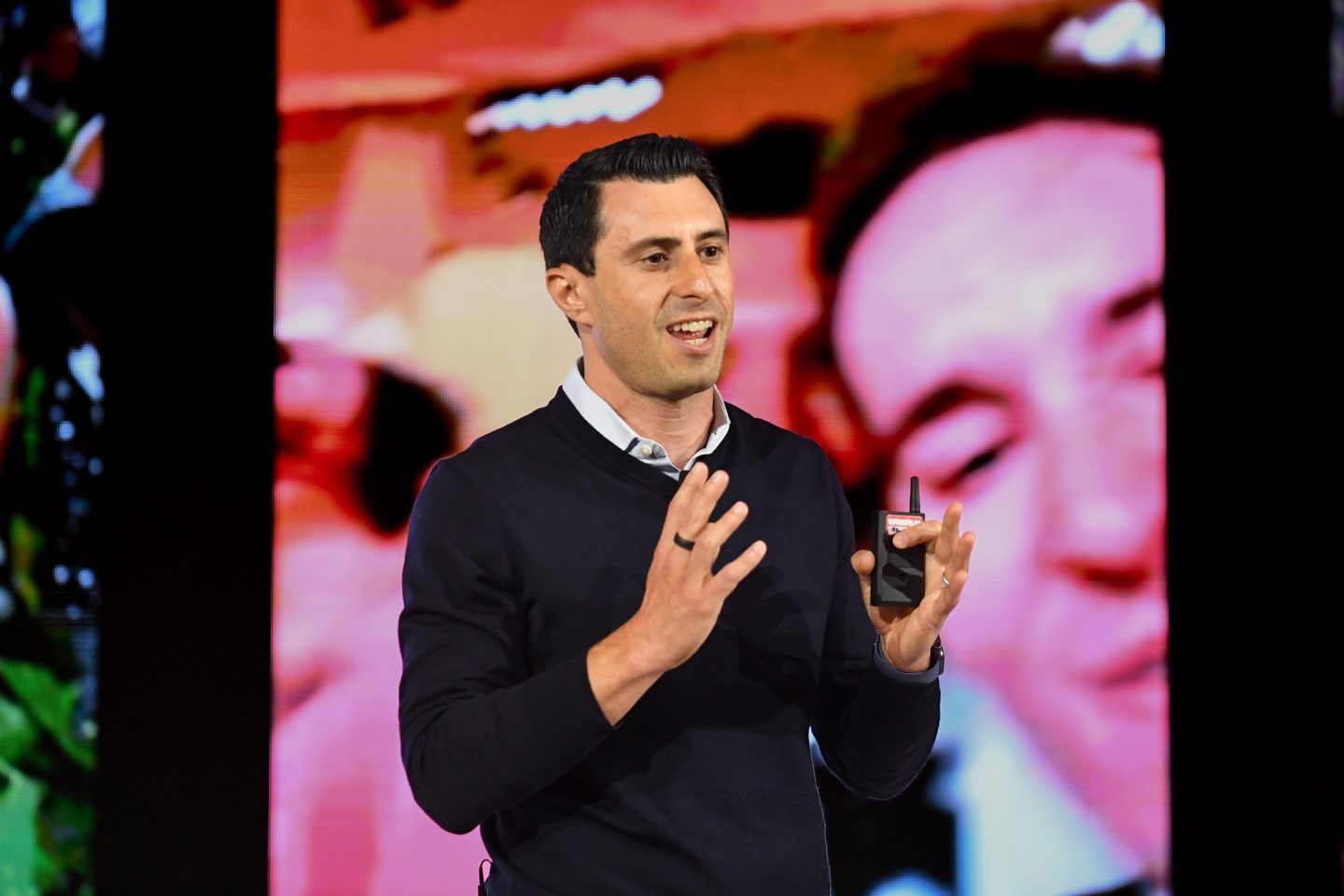More than 5 million Americans live with Alzheimer’s Disease, the sixth largest cause of death in this country. Given that, should you be tested for a gene that would show you to have a predisposition to Alzheimer’s?
Perhaps surprisingly, Dr. Richard Caselli, a top neurologist speaking a t Coins2Day’s Brainstorm Health conference, thinks not.
“My personal opinion? The short answer is no,” he said in response to a question from Dr. Sanjay Gupta, neurologist and CNN’s chief medical correspondent on Wednesday. “The longer answer depends on context.”
About 20% to 25% of North Americans carry this particular gene—the percentage varies by geography, he noted. That’s a significant number. But the issue with Alzheimer’s is that, thus far, a discovery of the gene that would indicate a higher probability of getting Alzheimer’s between the ages of 75 and 85 wouldn’t influence therapy or treatment, he warned.
Get Coins2Day’s Brainstorm Health newsletter.
It would be a different story if genetic testing could lead to treatment that would forge a better outcome, he said. But Alzheimer’s testing won’t really improve the subject’s quality of life.
“What are you going to do? Tell people not to have kids because they’ll get Alzheimer’s when they’re 75 years old?” Caselli asked.
Another panelist, Dr. Mary Lou Jepson, a former top technologist at Google (GOOG) and Facebook (FB) and now chief executive of Open Water, disagreed. Jepson said she has been tested. “Why wouldn’t I want to know?” She asked.
She may have a different perspective based on her personal experience. Twenty-one years ago when she was in college, Jepson was afflicted with a mystery illness that put her in a wheelchair and covered her in sores. The cause turned out to be an undiagnosed brain tumor. Luckily, someone spotted the bill for an MRI (magnetic resonance imaging) scan, which led to life-saving surgery.
In her case, early detection definitely led to better quality of life. Her startup, not coincidentally, aims to bring MRI technology, now available only from million-dollar room-sized machines, to the masses in portable form.












